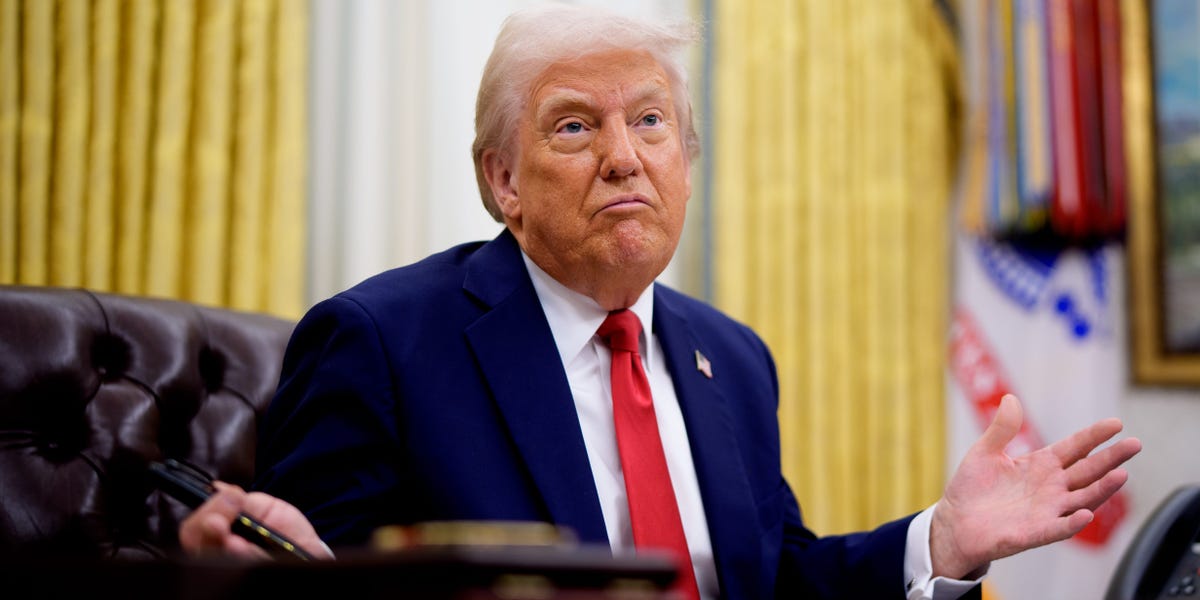Trump Lashes Out: Tariff Critics Slammed as Business Failures and Political Novices

When President Trump first implemented his aggressive trade tariffs, the business community was quick to voice their concerns. Initially, the sweeping economic measures drew sharp criticism from corporate leaders who feared potential disruptions to international trade. However, the landscape shifted when Trump announced a 90-day reprieve, prompting a more nuanced response from the business world.
Some executives breathed a sigh of relief at the temporary pause, seeing it as an opportunity for negotiation and potential compromise. The unexpected breathing room allowed companies to reassess their strategies and prepare for potential future trade scenarios. While tensions remained high, the temporary suspension of full-scale tariffs offered a glimmer of hope for more balanced economic discussions.
The mixed reactions highlighted the complex nature of international trade policy, demonstrating how quickly sentiment can change in the high-stakes world of global commerce. Business leaders found themselves walking a delicate line between criticism and cautious optimism, waiting to see how the trade negotiations would ultimately unfold.
